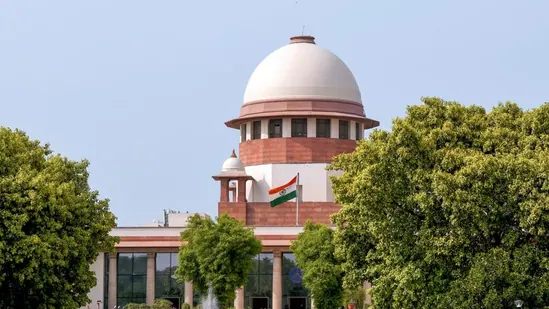Indian Lawyer Challenges Criminalization of Teen Sexual Activity in Landmark Case

In a significant legal challenge, lawyer Indira Jaising has petitioned the Supreme Court of India to reconsider the legal age for consensual sex, currently set at 18 years. This move has reignited discussions about the criminalization of sexual activity among teenagers aged 16 to 18. Jaising argues that consensual relationships within this age group should not be classified as exploitative or abusive, while the federal government warns that any changes could compromise the safety of minors. The debate touches on broader issues of consent, autonomy, and the effectiveness of existing laws designed to protect children from sexual exploitation.
Legal Challenge to Age of Consent
In late July, Indira Jaising filed a petition in the Supreme Court, questioning the constitutionality of the current age of consent in India. She contends that consensual sexual relationships between individuals aged 16 and 18 should not be criminalized. Jaising emphasizes that the intent of age-based laws is to prevent abuse rather than to penalize consensual relationships. Her arguments have sparked renewed debate about the appropriateness of the existing legal framework governing teenage sexual activity.
The Indian government has opposed this challenge, asserting that lowering the age of consent could expose minors to greater risks of abuse and exploitation. This legal battle has brought to the forefront the complexities surrounding consent laws in India, particularly in relation to the Protection of Children from Sexual Offences Act (Pocso), which aims to safeguard children from sexual crimes.
Historical Context of Consent Laws in India
India’s legal age for sexual consent has evolved significantly over the years. Initially set at 10 years in 1860, the age was raised to 16 in 1940. The most recent change occurred in 2012, when the Pocso Act established the age of consent at 18. This uniform age contrasts with many countries, including several in Europe, where the age is lower. Critics argue that the current law criminalizes consensual relationships among teenagers, often leading to misuse by adults seeking to control or disrupt such relationships.
Child rights activists have long advocated for a reduction in the age of consent, arguing that the law fails to recognize the realities of teenage relationships. They assert that the existing legal framework can be misused, particularly against young women, who may face legal repercussions for engaging in consensual relationships.
Judicial Discretion and Ongoing Debates
The Karnataka High Court has previously urged the Law Commission to reassess the age of consent, highlighting cases where young couples faced severe legal consequences for consensual relationships. Although the Law Commission did not recommend lowering the age, it suggested that courts exercise “guided judicial discretion” in cases involving consensual relationships among teenagers. This recommendation has not yet been codified into law, leading to varied interpretations by different courts.
Recent rulings have demonstrated the complexities involved in applying the Pocso Act. For instance, a case involving a 17-year-old girl and a 23-year-old man resulted in a lengthy prison sentence for the accused, despite the relationship being consensual. Legal experts argue that the current system often fails to account for the nuances of teenage relationships, leading to unjust outcomes.
Future Implications and Calls for Reform
As the debate continues, advocates for reform emphasize the need for a more nuanced approach to consent laws. Jaising has proposed a “close-in-age exception” that would prevent consensual acts between peers aged 16 to 18 from being treated as criminal offenses. However, some experts caution that such exceptions could be misused in cases of trafficking or child marriage. The call for reform is echoed by various child rights activists, who argue that laws must evolve to reflect societal changes. They stress the importance of balancing the protection of minors with the recognition of their autonomy in consensual relationships. As discussions progress, the future of India’s consent laws remains uncertain, with significant implications for the rights and protections afforded to young individuals in the country.
Observer Voice is the one stop site for National, International news, Sports, Editor’s Choice, Art/culture contents, Quotes and much more. We also cover historical contents. Historical contents includes World History, Indian History, and what happened today. The website also covers Entertainment across the India and World.

